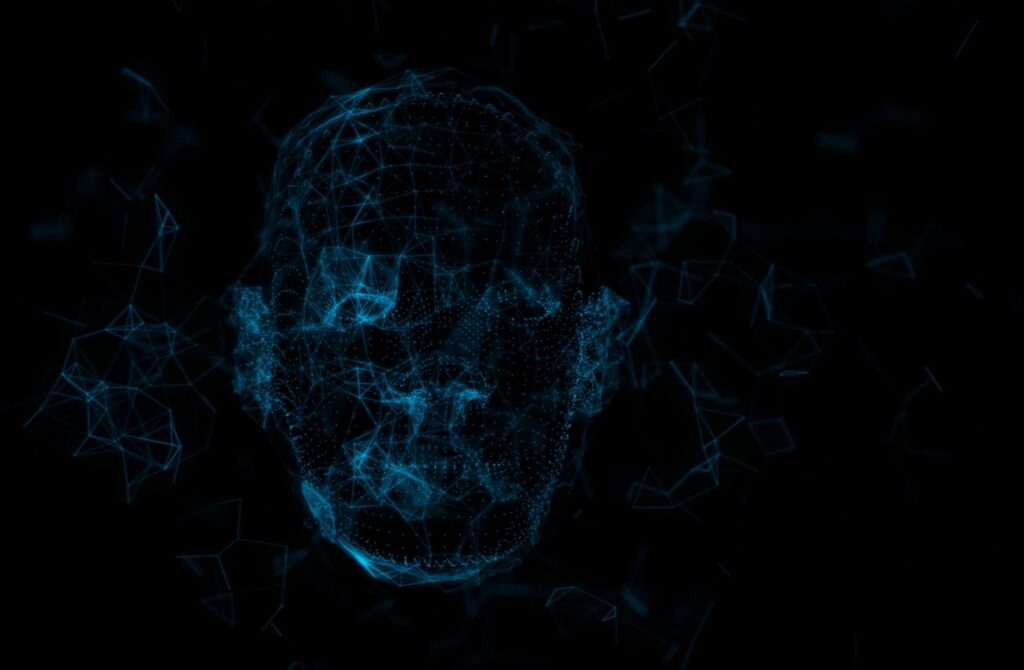The Detroit Police Department (DPD) is once again under intense scrutiny after a new lawsuit surfaced after it was revealed that another innocent person was mistakenly arrested due to a flaw in facial recognition matching.
Portia Woodruff, an African-American woman who was eight months pregnant at the time, is the sixth person to come forward who has been falsely accused of a controversial technology used by law enforcement.
Woodruff was charged with robbery and carjacking.
“Are you kidding me?” Woodruff, who is eight months pregnant, allegedly told the officers, gesturing to her abdomen to emphasize how nonsense the allegations were.
The pattern of false arrests based on flaws in facial recognition raises serious concerns, especially since all six victims known to the American Civil Liberties Union (ACLU) are African American. But Woodruff's case is notable because she is the first woman to report such an incident happening to her.
This latest case is the third known false arrest allegation in the past three years, specifically stemming from Detroit police's reliance on inaccurate facial recognition matches.
Robert Williams, represented by the ACLU of Michigan and the University of Michigan Law School's Civil Rights Litigation Initiative (CRLI), filed a lawsuit against DPD alleging that the same technology led to his false arrest in January 2020. There is.
Phil Meyer, Chief Attorney for the ACLU of Michigan, commented: “It is deeply disturbing that the Detroit Police Department knows the devastating consequences of using flawed facial recognition technology as the basis for arresting someone, yet continues to rely on it anyway.
“As Ms. Woodruff's horrifying experience shows, the Department's use of this technology must stop.”
The use of facial recognition technology in law enforcement is a controversial issue, with concerns raised about its accuracy, racial bias, and potential violations of privacy and civil liberties.
Research shows that these systems are error-prone when identifying darker-skinned individuals and disproportionately impact marginalized communities.
Critics argue that relying on facial recognition as the sole basis for arrest poses significant risks and can have severe consequences for innocent individuals, as seen in the Woodruff case. ing.
Demands for more transparency and accountability grow as civil rights groups urge Detroit police to stop using facial recognition until the technology is thoroughly vetted and proven to be unbiased and accurate. I am asking you to do so.
“DPD continues to cover up its misuse of this technology, forcing those whose rights have been violated to expose their wrongdoing at every turn,” the mayor added.
“DPD should not be allowed to continue to keep Detroiters under dragnet surveillance while simultaneously circumventing transparency and hiding its own wrongdoings from the public eye.”
As the case unfolds, the public remains tuned to see how the Detroit Police Department responds to growing pressure to address concerns about the misuse of facial recognition technology and its impact on the rights and lives of innocent individuals.
(Image credit: Oleg Gamulinskii from Pixabay)
See also: UK to host global AI summit to address potential risks

Want to learn more about AI and big data from industry leaders? Check out the AI & Big Data Expos in Amsterdam, California, and London. This event coincides with Digital Transformation Week.
Learn about other upcoming enterprise technology events and webinars from TechForge here.


